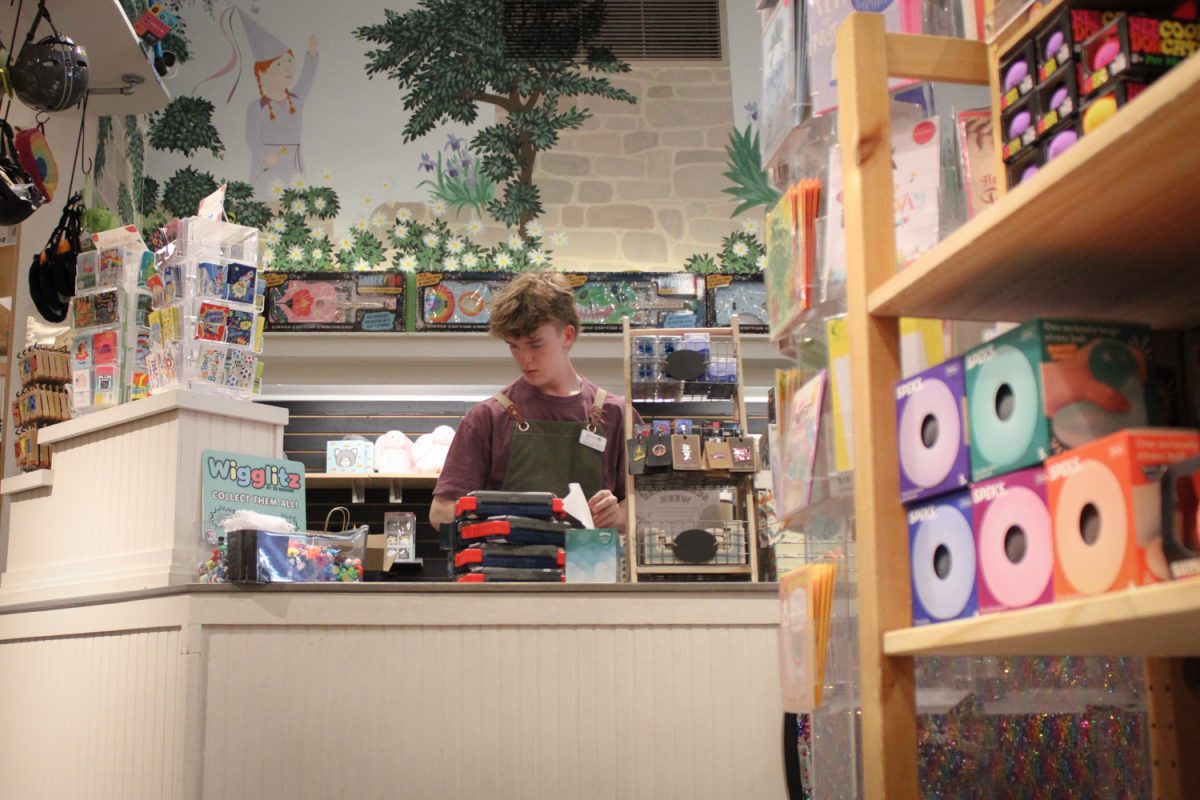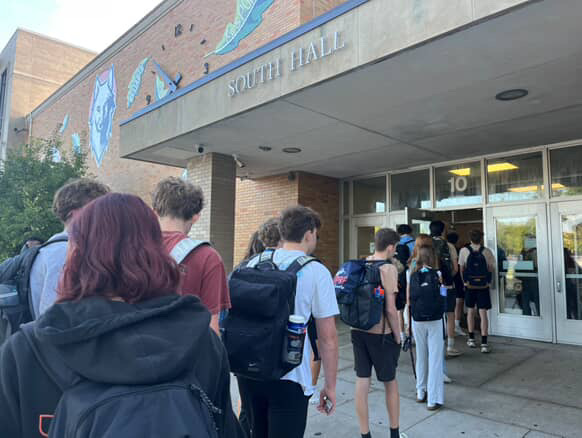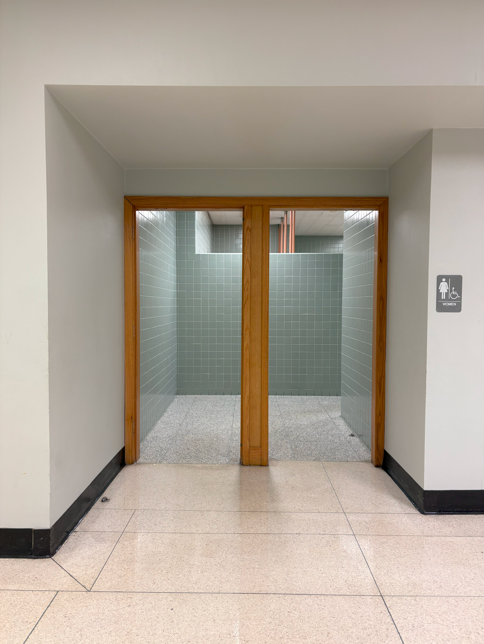After serving the Oak Park and River Forest community for years, three small businesses are facing uncertain futures due to President Trump’s tariffs–even after recent deals to temporarily reduce some of the steepest tariffs imposed in April.
“Once again, it just creates economic uncertainty,” said Adam Szetela, who has owned Westgate Flowers, 841 S. Oak Park Ave., for 37 years. “While those tariffs are being adjusted right now, some of my wholesalers have purchased items that have been tariffed. That slowdown is still going to affect me.”
Tariffs, or taxes on goods imported from foreign countries, were a centerpiece of Trump’s campaign. The tariffs went into effect beginning April 2.
On May 12, the United States and China agreed to a 90-day pause on some tariffs. The tariff rate for China went from 145% to 30%. In turn, China lowered its tariff rate on the U.S. goods from 125% to 10% according to a White House fact sheet.
Hours after that deal was reached, the U.S. announced it would cut tariffs on small packages up to $800 from 125% to 54%. These changes were the most recent at Trapeze press time.
“It’s impossible to pivot and adjust prices so quickly,” Szetela said, adding, “There’s this backlog of supply that’s in China that has to get here, so freight costs are going to increase.” Karen Morava is the owner of Careful Peach at 1024 North Blvd., a gift shop that has been in Oak Park for 17 years. In her view, the tariffs reflect “lack of planning, lack of thoughtfulness, lack of apparent economic education…” She searched for a word to describe her feelings. “It’s repulsive.”
She added, “You can’t run any kind of business like this.”
The Chinese and European Union tariffs imposed in April hit her business hard, leading to price increases, vendor payment demands and supply chain disruptions, and affecting cash flow and Christmas orders, she said.
“December accounts for, I would say, 60 to 65% of our yearly revenue,” she said. “And if I don’t have Christmas to sell, we will go out of business.” Careful Peach is the sole source of income for her and her husband, and the store has 11 employees, she added.
Some vendors from whom these businesses source have significantly increased their prices or ceased U.S. shipment altogether, leaving the businesses with unsteady plans for their future inventories. Eric Masoncup, owner of Geppetto’s Toy Box, 730 Lake St., for 20 years, noted that 90% of toys are manufactured in China, which made the 145% tariff particularly impactful for his industry.
Much like Morava, he might run into “some serious cash flow problems,” and is still determining which is the best course of action to take for his business.
“If I don’t sell the toys, I can’t pay my bills, and if I take on too much inventory all at one time, those bills come due before I can actually sell the toys, so I need to have extra cash on hand,” he explained. “Then, I would have to go to the market to borrow money, and the cost of the money is high at the moment.”
In addition to the increase in importation costs, businesses have also experienced difficulties in satisfying their customers. The unexpected tariffs have forced industries to make decisions on whether to adjust their way of operation or to simply take the loss in profits. Lacking the net profits of large enterprises, small businesses have especially struggled in the maintenance of their routines.
According to Szetela, for his type of business it is especially difficult to make changes to their system while also fulfilling their clients’ wishes; they have to accept the losses. When they do not have the specific flowers or quantity, they are not left with many options to choose from “Basically, it’s either provide a smaller bouquet, or the costs come right out of my pocket, because we’re going to provide the same arrangement, because we don’t want to have people disappointed,” said Szetela.
Morava and Masoncup have actively tried to enact change by writing letters to senators with hopes of striking down the authority of the executive orders from which the tariffs originated. They state that their efforts have not resulted in much effective action, but that they hope to see governmental change soon. Meanwhile, however, the three owners hope to mitigate the effects in the best manner they can and continue to reflect quality goods and services to their customers.













